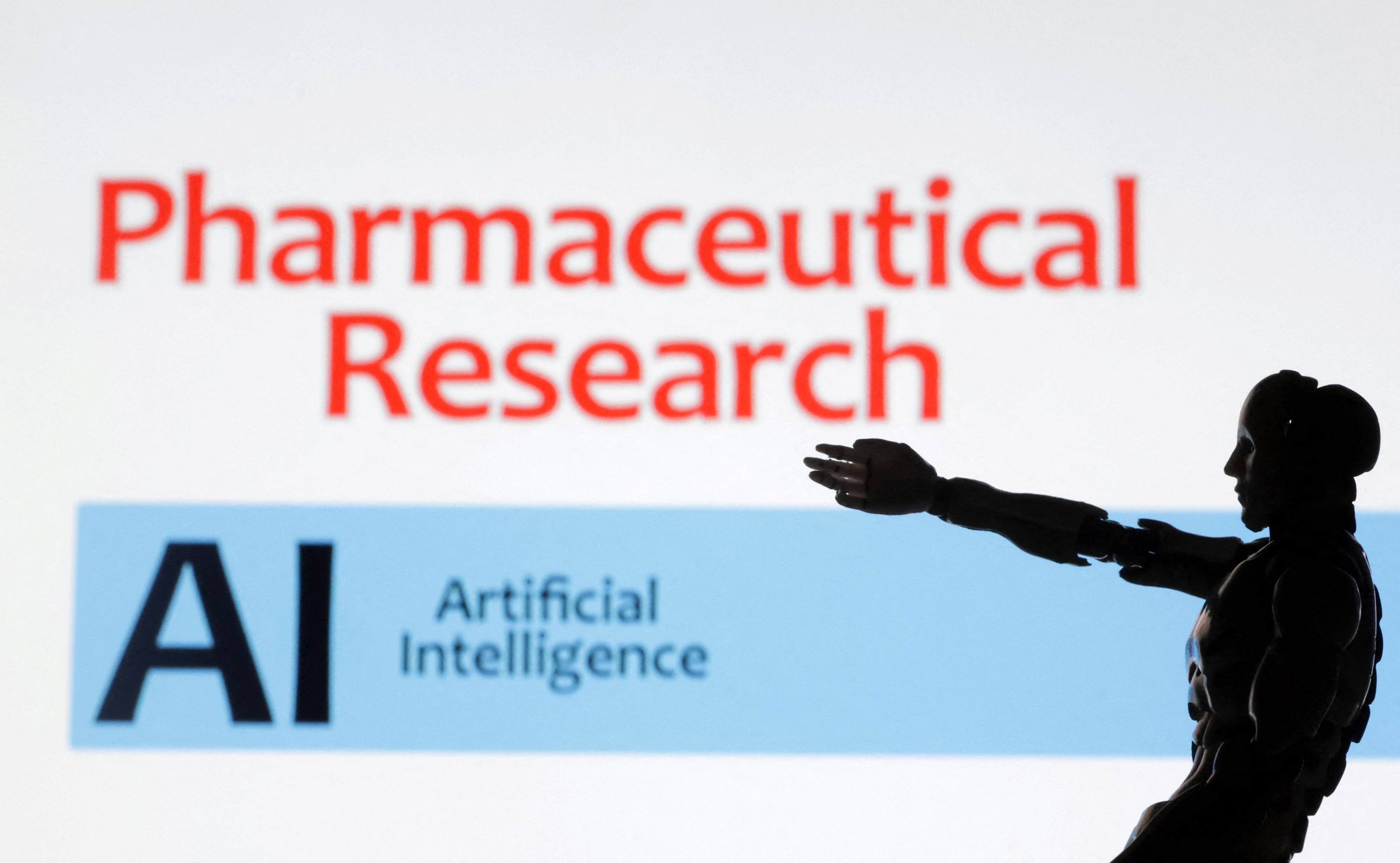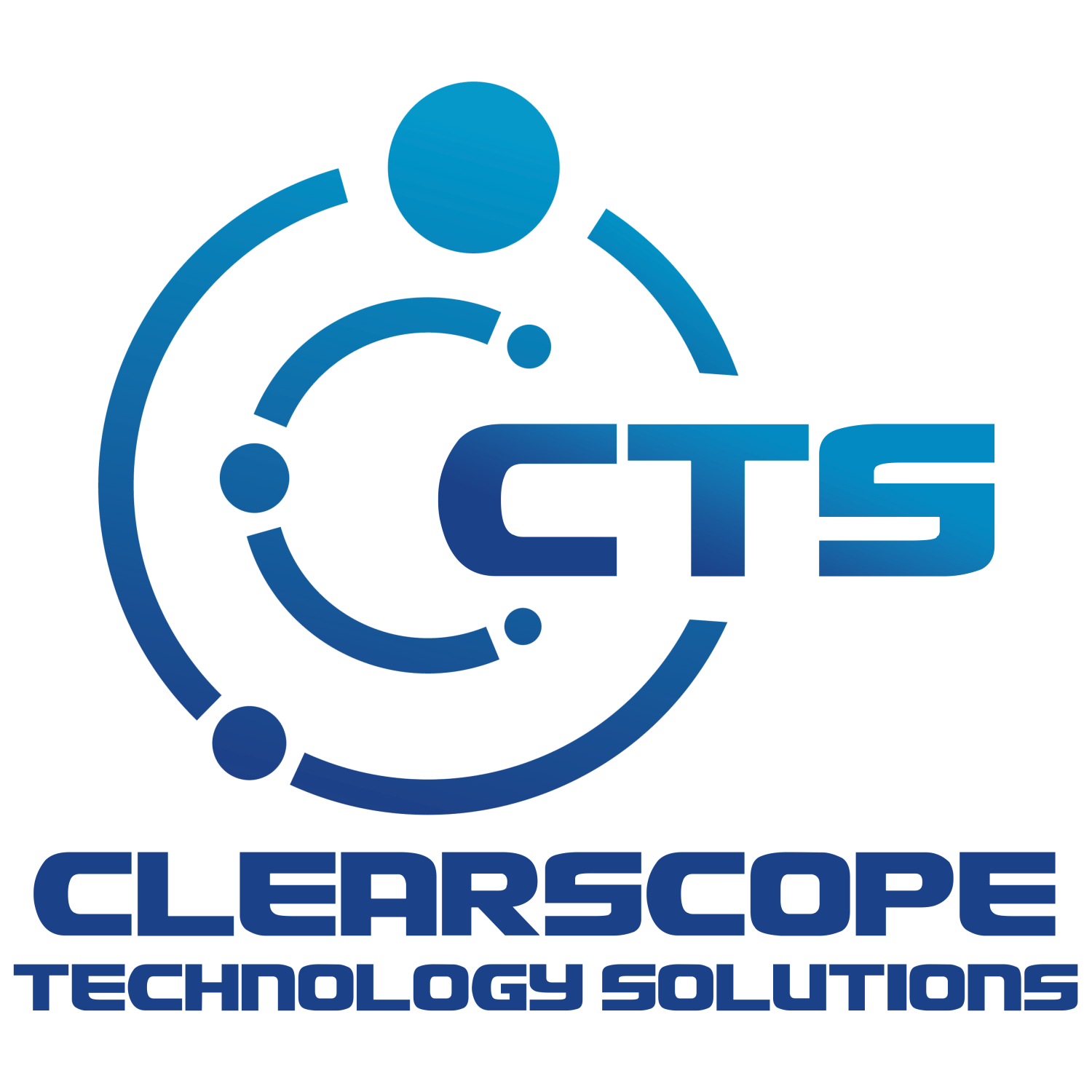Major drugmakers are using artificial intelligence to find patients for clinical trials quickly, or to reduce the number of people needed to test medicines, both accelerating drug development and potentially saving millions of dollars.
How is AI being used in clinical trials?
Major drugmakers are leveraging AI to quickly identify patients for clinical trials and reduce the number of participants needed for testing new medicines. This approach not only speeds up drug development but also has the potential to save millions of dollars. For instance, AI tools can halve the time required to enroll patients in trials, significantly improving efficiency.
What are the benefits of using AI in drug development?
AI helps pharmaceutical companies streamline the recruitment process for clinical trials, which is often the most time-consuming and costly part of drug development. By analyzing vast amounts of data, AI can identify suitable trial participants more quickly and accurately, potentially reducing the time and costs associated with traditional recruitment methods. For example, Amgen's AI tool ATOMIC can cut patient enrollment time from 18 months to as little as 9 months.
What challenges do drugmakers face when using AI?
While AI has the potential to enhance the clinical trial process, there are challenges to consider. One major concern is the reliance on the quality of data; less than 25% of health data is publicly available for research. Additionally, regulators emphasize the need for rigorous evidentiary standards, as using AI to create external control arms for trials raises questions about the comparability of patient populations and the risk of overestimating a drug's effectiveness.



